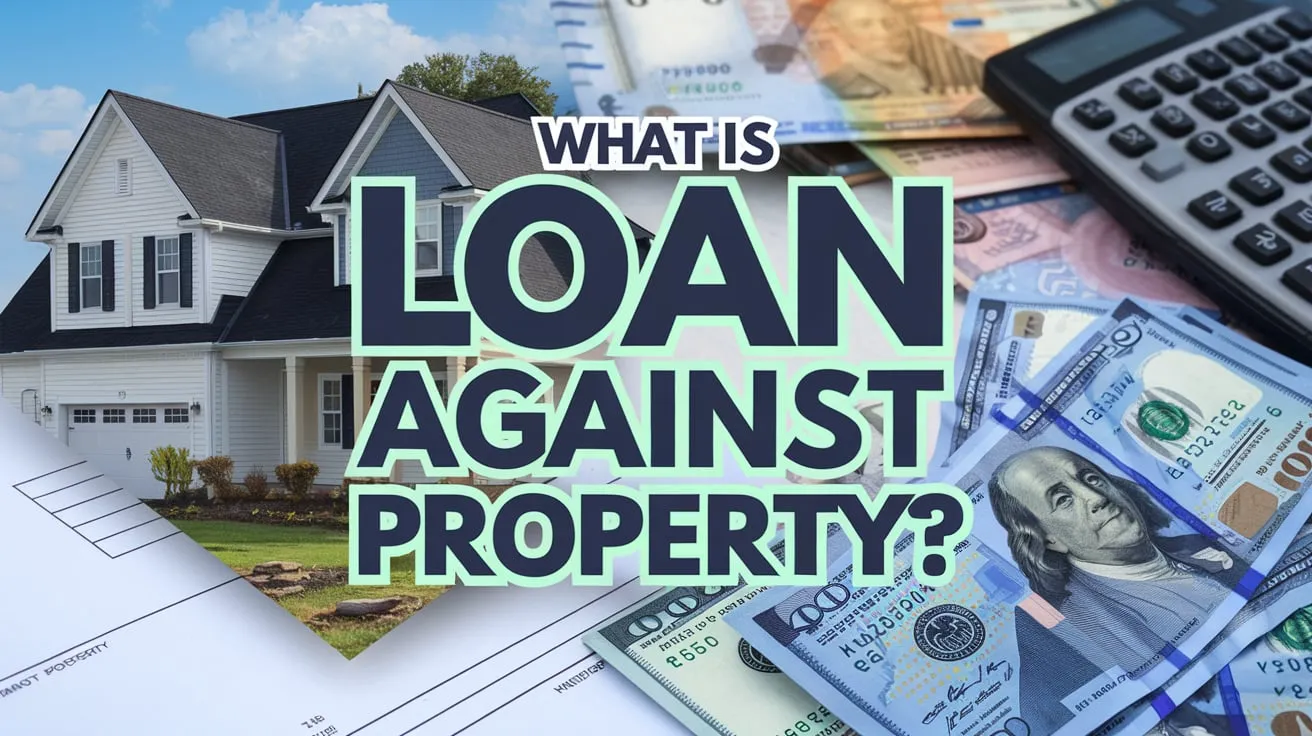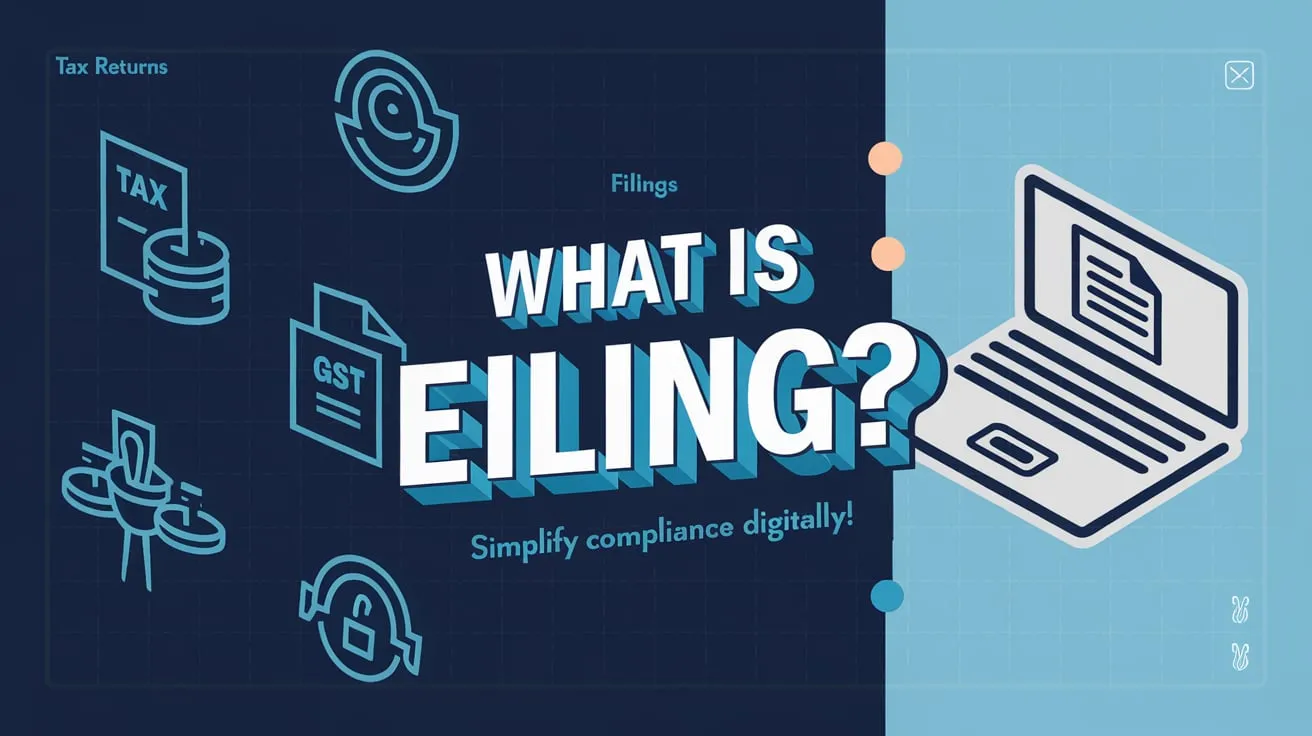What is Loan Against Property? Explained in Detail

A loan against property (LAP) is a secured loan where borrowers pledge their property as collateral to access funds. It is widely chosen for its lower interest rates and flexibility, making it a viable option for meeting various financial needs.
How Does Loan Against Property Work?
Borrowers pledge their residential, commercial, or industrial property to a lender. The lender evaluates the property’s market value and provides a loan amount based on a percentage, usually between 50% and 80%. Ownership remains with the borrower, but the lender holds legal rights until repayment.
Features of Loan Against Property
Secured Loan
The property serves as collateral, ensuring lower interest rates.
High Loan Amount
The loan value depends on the pledged property’s market worth.
Flexible Tenure
Repayment terms range from 5 to 20 years, offering convenience.
Versatile Usage
Funds can be utilized for business, medical emergencies, education, or personal needs.
Ownership Retention
Borrowers retain ownership of their property during the loan tenure.
Eligible Properties for Loan Against Property
- Residential Property: Houses or apartments owned by the borrower.
- Commercial Property: Shops or office spaces.
- Industrial Property: Factories or industrial units.
- Vacant Land: Provided it meets lender criteria.
Benefits of Loan Against Property
Lower Interest Rates
Interest rates are lower compared to unsecured loans.
Longer Tenure
Repayment over an extended period reduces EMI burden.
High Borrowing Limit
Loans can go up to crores, depending on the property value.
Tax Benefits
Tax deductions are applicable if the loan is used for acquiring or constructing residential property.
Considerations Before Taking a Loan Against Property
Property Valuation
Ensure the property has a clear title with no disputes.
Repayment Capacity
Analyze your financial ability to meet EMIs.
Loan-to-Value Ratio (LTV)
Understand the lender’s LTV policy to estimate the loan amount.
Processing Fees
Account for all additional costs, including legal fees and prepayment charges.
Interest Rate Comparison
Choose the lender offering competitive rates.
Best Use Cases for Loan Against Property
- Expanding a business.
- Consolidating high-interest debts.
- Covering personal expenses like education or weddings.
- Investing in real estate.
Conclusion
Loan against property provides a cost-effective way to access funds while retaining ownership of your asset. Evaluate your financial goals and repayment ability before proceeding to make the most of this financing option.
Want Lower Rate Business Loan?

Creditcares
Join us on social media for exclusive financial tips, engaging informative videos, and expert advice to manage your finances better. Follow us for the latest updates today!
CreditCares YT channel!
Subscribe for tips on improving your credit score, expert advice on various loans, Stay updated with the latest industry news and trends.
Featured Videos
Latest Posts
- All Posts
- All Blogs
- Bank Statement Downloads & Guides
- Bank-Wise Loan Updates & News
- Credit Score
- Finance
- Insights & Regulatory Intelligence
- Loan Documents
- Loan Services
- Loans
- Back
- Loan Against Property
- Business Loan
- Machinery Loan
- Cash Credit
- Overdraft
- Home Loan
- Project Loan
- Construction Finance
- Commercial Property Purchase Loan







Categories
- All Blogs (492)
- Bank Statement Downloads & Guides (11)
- Bank-Wise Loan Updates & News (25)
- Credit Score (29)
- Finance (140)
- Insights & Regulatory Intelligence (19)
- Loan Documents (27)
- Loan Services (26)
- Business Loan (16)
- Cash Credit (11)
- Commercial Property Purchase Loan (5)
- Construction Finance (6)
- Home Loan (13)
- Loan Against Property (70)
- Machinery Loan (3)
- Overdraft (3)
- Project Loan (9)
- Loans (114)
Tags
- business loan (1)
- challenges faced by SMEs (1)
- credit score (1)
- Discover the Top Banks for Home Loans in 2025 (1)
- frictionless credit (1)
- home loan (1)
- home loans (2)
- importance of SMEs (1)
- loan against house (1)
- loan against house deed (1)
- loan against property tax benefits (1)
- Loans Against Property (1)
- Small and Medium Enterprises (1)
- SME benefits (1)
- SME classification (1)
- support for SMEs (1)



